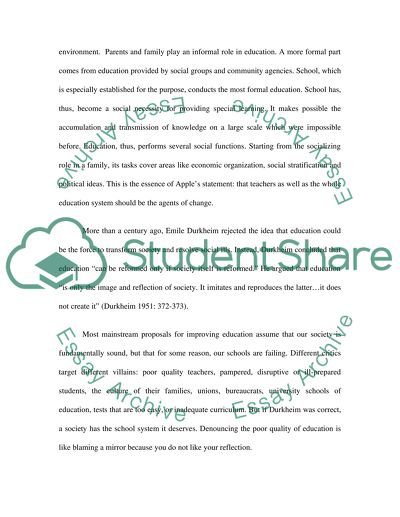Cite this document
(Teachers as Agents of Social Change Coursework Example | Topics and Well Written Essays - 2250 words, n.d.)
Teachers as Agents of Social Change Coursework Example | Topics and Well Written Essays - 2250 words. Retrieved from https://studentshare.org/education/1522763-teachers-as-agents-of-social-change
Teachers as Agents of Social Change Coursework Example | Topics and Well Written Essays - 2250 words. Retrieved from https://studentshare.org/education/1522763-teachers-as-agents-of-social-change
(Teachers As Agents of Social Change Coursework Example | Topics and Well Written Essays - 2250 Words)
Teachers As Agents of Social Change Coursework Example | Topics and Well Written Essays - 2250 Words. https://studentshare.org/education/1522763-teachers-as-agents-of-social-change.
Teachers As Agents of Social Change Coursework Example | Topics and Well Written Essays - 2250 Words. https://studentshare.org/education/1522763-teachers-as-agents-of-social-change.
“Teachers As Agents of Social Change Coursework Example | Topics and Well Written Essays - 2250 Words”, n.d. https://studentshare.org/education/1522763-teachers-as-agents-of-social-change.


